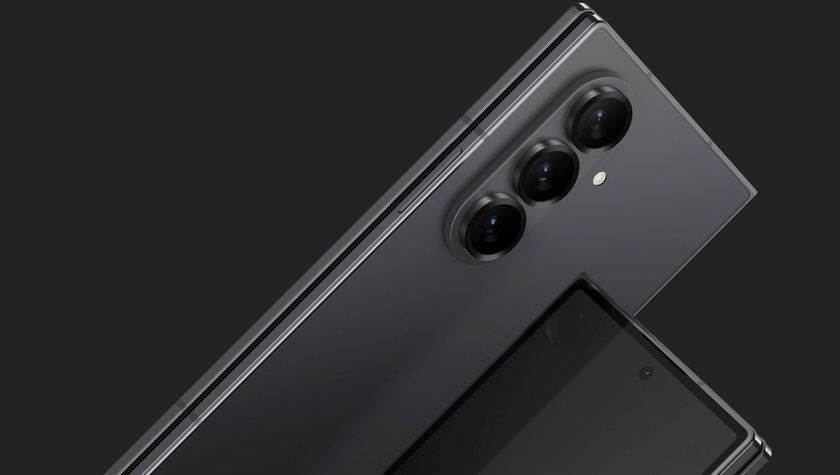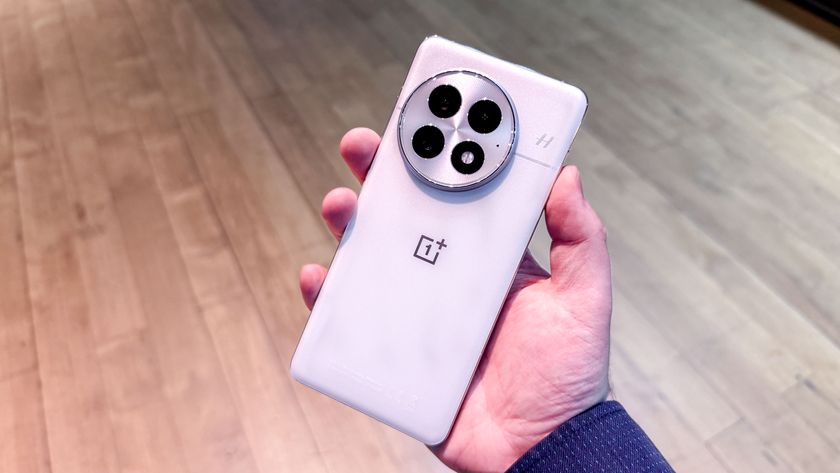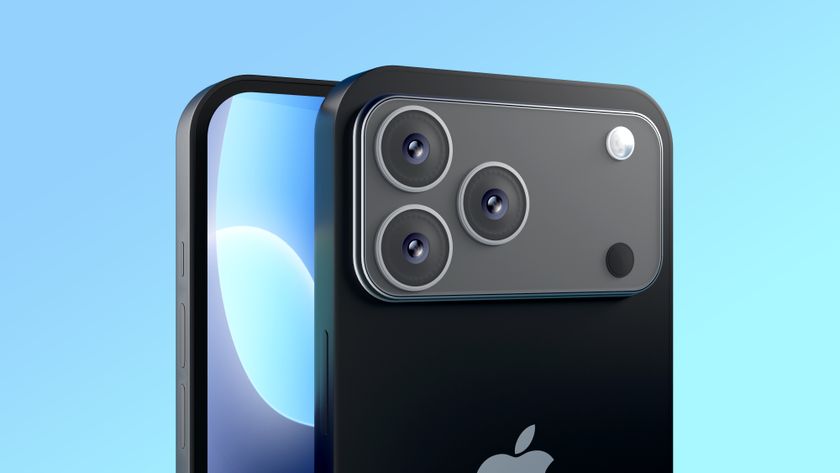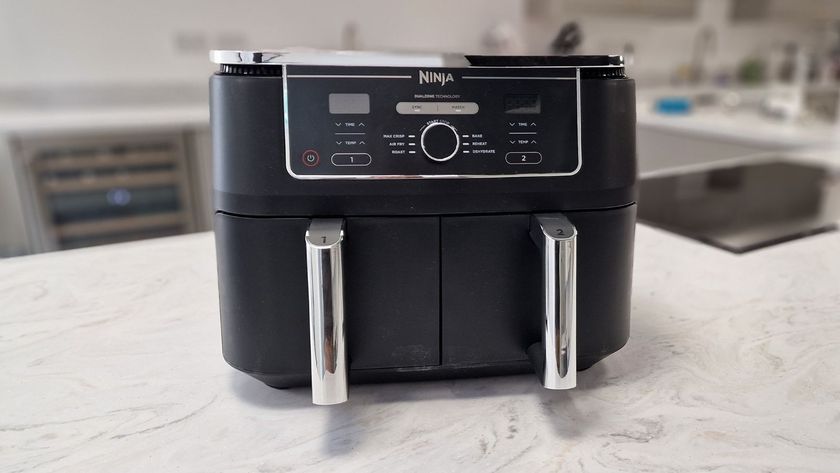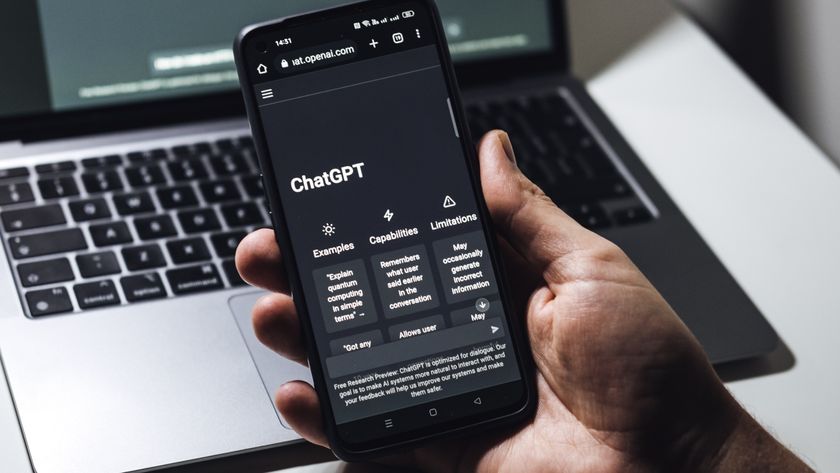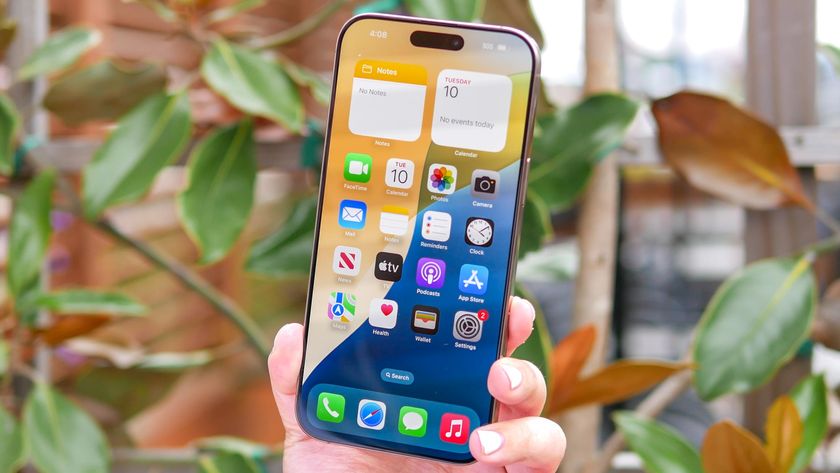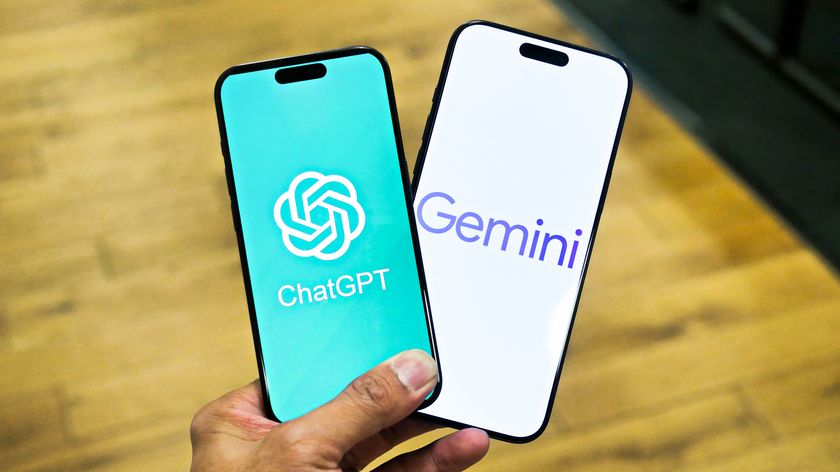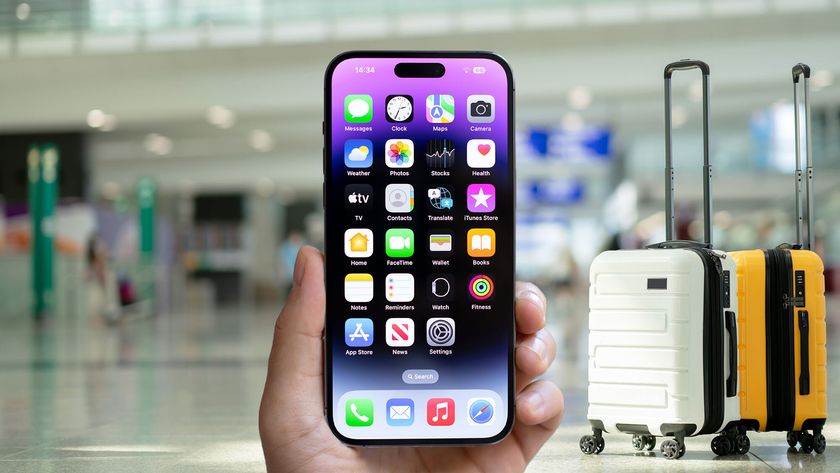AirTag stalking protection is live on Android — here’s how to set it up
Android users finally have a tool to fight AirTag stalking
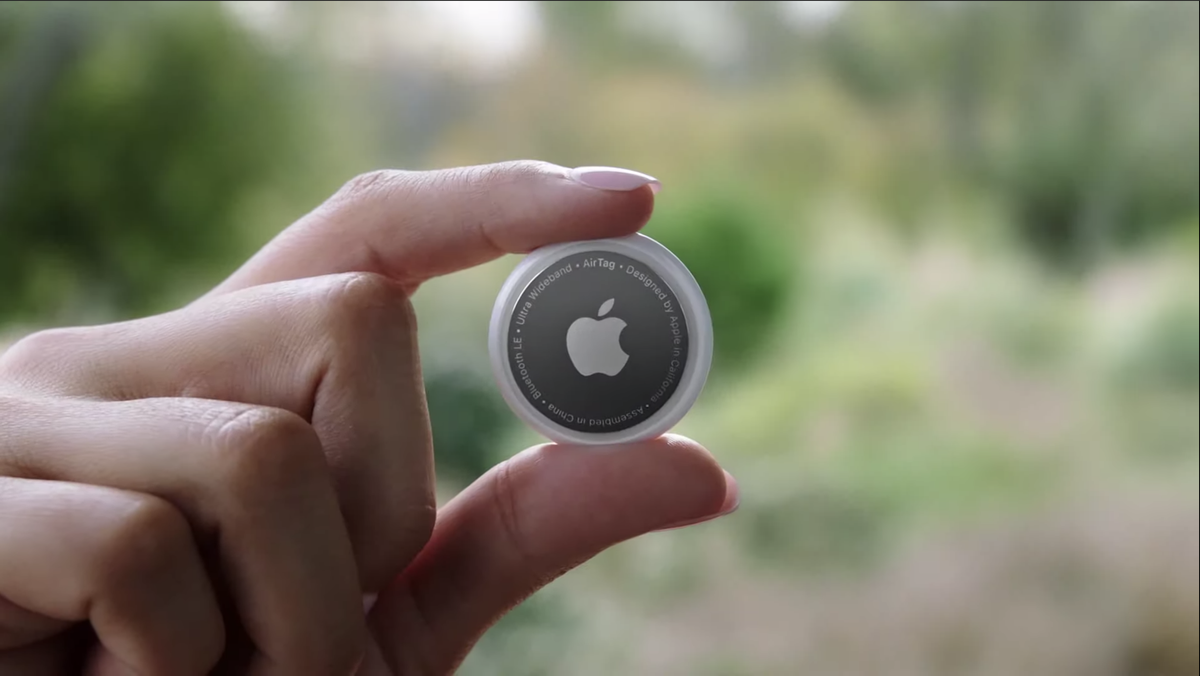
Android users finally have some protection against AirTag stalking, now that Google’s Unknown Tracker Alerts feature has gone live. Google originally announced this feature back in May, during the Google I/O 2023 opening presentation, and later promised it would start rolling out in July. Now it looks like it’s finally here.
Google has already confirmed that Unknown Tracker Alerts is only compatible with AirTags for the time being, but didn’t specify why. Though it is probably a good place to start given the many high-profile cases of AirTags being used for illicit tracking — and the fact they automatically ping every iPhone that passes by.
While Apple did a lot to protect its own customers from AirTag stalking, Android users were left without any sort of meaningful protection. Google took its time stepping up, but it’s better late than never, and you can ensure you’re being protected from unknown AirTags following you around.
Here’s how to get everything set up.
How to set up Unknown Tracker Alerts on Android
1. Open Settings > Safety and emergency > Unknown Tracker Alerts
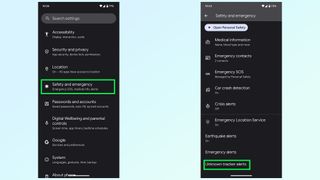
To get things going you'll need to open up the Settings Menu and scroll down until you see the Safety and emergency option. Devices running Android 11 or below may find that this is listed as Personal safety instead.
Right of the bottom of this menu is the Unknown tracker alerts option, which you'll need to tap.
2. Toggle Allow Alerts on
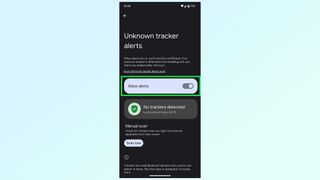
On the following page you'll want to check that Allow alerts is switched on. This was already on by default during our testing, but it's important to double check and ensure you're adequately protected. It's also worth noting that this feature only works when Bluetooth is switched on, and the Unknown tracker alerts menu will warn you if that's the case.
3. Perform a manual scan
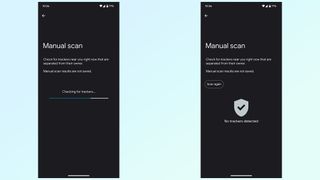
Unknown tracker alerts works automatically, but you can perform a manual scan by tapping the Scan Now button towards the bottom of your screen.
This means you can be sure there are no unknown AirTags hanging around.
4. Deal with an unknown AirTag
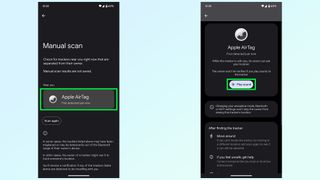
If one of your scans, be it automatic or manual, does discover and AirTag that appears to be following you around, Unknown tracker alerts has a bunch of resources to help you out.
Tapping the AirTag icon on the screen will bring up information about the tracker in question — including a button to make it Play sound to help you track down its exact location. Though in my brief time testing this feature, I couldn't get my Pixel 6 Pro and Pixel 4a to force my AirTag to play sound.
The page will also give you a bunch of information on how to deal with an Unknown tracker, as well as links to more in-depth materials on Google's support site.
Other things you should know about Unknown Tracker Alerts
It's worth mentioning that Android won't detect AirTags unless they've been separated from one of their owners' devices. So when my iPad was switched on, a scan didn't detect my own AirTag. But as soon as the tablet was switched off, Android was able to pick up the tracker.
The automatic scans didn't seem to pick up on rogue AirTags anywhere near as quickly. In fact, 15 minutes after a manual scan first detected my tracker, the automatic scans still haven't picked up the presence of the AirTag — regardless of how much I move around with them both.
It is unclear how often the automatic scans take place, however, and manual scans seem to reset the clock. It's been 20 minutes since the last manual scan as I write this, and there's still no sign my Pixel has picked up the AirTag without being prompted first.
Sign up to get the BEST of Tom's Guide direct to your inbox.
Get instant access to breaking news, the hottest reviews, great deals and helpful tips.
Here's hoping it's just a case of me being impatient, rather than a broken feature. But I'll update this article if the AirTag gets picked up the way Google promises it should be. Otherwise, it's not a good look for the launch of such an important safety feature.
If you don't already know how to disable an AirTag, you'll be happy to hear it's rather easy. Simply twist off the silver backplate and Remove the battery. You'll want to make a note of the serial number while you're in there, since Apple can trace it back to the owner and hand everything over to the police.
Which Android devices have Unknown Tracker Alerts so far?
From what we can gather the rollout of Unknown Tracker Alerts is rather sporadic, which is actually not that surprising for Android. It looks like the feature is available on Google’s Pixels already, including a Pixel 4a that has been switched off for the past few weeks — and was last updated on July 1.
We also found that Unknown Tracker Alerts are available on Samsung devices running OneUI 5.1.1, like the Galaxy Z Fold 5, but not those running OneUI 5.1 like the Galaxy S23. 9to5Google also claims to have found the update on Samsung phones, but didn’t specify which ones.
We also spotted it on a Sony Xperia phone, while TechRadar claimed to have found the feature on the OnePlus Nord N20 5G. However, we found it was missing from the OnePlus Nord 2T 5G and the slightly more recent Motorola Razr+. So odds are the rollout of the feature is going to depend on how and when phone makers can actually activate it.
You’re just going to have to check your phone and see whether Unknown Tracker Alerts is available. If it’s not, be sure to check for any phone updates. Because a fresh new software update could make all the difference.
What about other Bluetooth trackers?
So far Android’s Unknown tracker alerts will only work with AirTags, and Google hasn’t specified why this is the case. We suspect it has something to do with how high-profile AirTags are and the fact that their location can be automatically tracked by every passing iPhone — which are pretty numerous.
Other trackers typically rely on a network of people with that specific app installed, which means they aren’t nearly as effective for location tracking — illicit or otherwise.
We know Google already has plans to include other trackers in its upcoming Find My Device network reboot, and even confirmed support for Tile and Chipolo trackers at I/O 2023. If Android phones can track those trackers, it makes sense they’d also be able to detect unknown fobs that appear to be following you around.
But the revamped Find My Device network hasn’t launched yet, and Google previously said it had been delayed until Apple had a chance to roll out the upcoming “unwanted tracker alert specification” the two companies have been working on together. We still don’t know when that might be, but I suspect that it may tie into the upcoming launch of iOS 17. It’s not likely to roll out before then.
We’re just going to have to wait and see what happens in the coming months. For now, you should be safe in the knowledge that, at long last, Android users have some actual protection against rogue AirTags.
More from Tom's Guide

Tom is the Tom's Guide's UK Phones Editor, tackling the latest smartphone news and vocally expressing his opinions about upcoming features or changes. It's long way from his days as editor of Gizmodo UK, when pretty much everything was on the table. He’s usually found trying to squeeze another giant Lego set onto the shelf, draining very large cups of coffee, or complaining about how terrible his Smart TV is.
-
PerniciousSnit I think I see your confusion Tom. There's no point generating alerts for air tags that aren't in your proximity for a considerable amount of time, otherwise you'd just getting junk notifications all the time from incompletely set up airtags.Reply
Patience grasshopper. -
DeltaSMC I just purchased a Samsung Galaxy S23 Ultra for my main phone and just purchased 4 airtags. I kept an airtag on my keychain, and after going into work the next morning, it detected that an airtag was tracking me and sent me a notification. I opened it up and tested the play sound feature, which ended up working. See screenshot. a/xuAnAGKView: https://imgur.com/a/xuAnAGKReply
